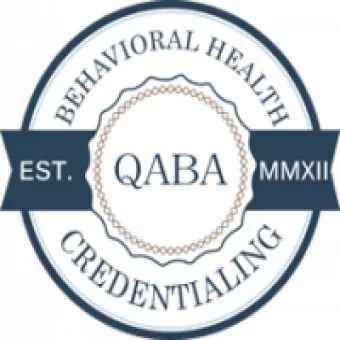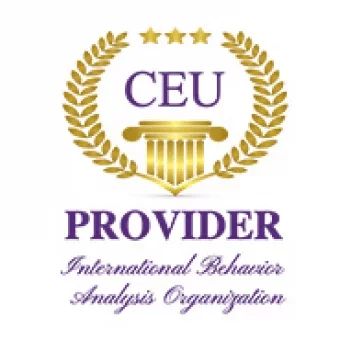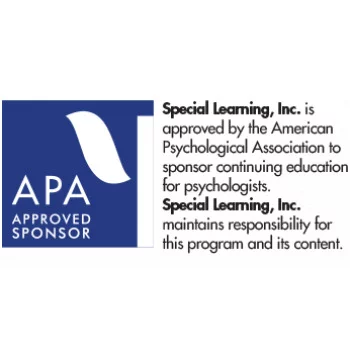
CEU: Psychopharmacology - Module 5: Evidence-Based Practices
Podrías ser la primera persona en dar tu opinión.
Compre ahora y proporcione su opinión sobre este producto y reciba un crédito de 25 $ en la tienda!
BCBA CEUs: 2-BACB General
QABA CEUs: 2 General
IBAO CEUs: 2 General
APA/CESA: 2 General (Home Study)
In our webinar on Psychopharmacology and Evidence-Based Practices, we focused on evidence-based assessment, diagnosis, and treatment of several diagnoses that impact children, emphasizing behavioral, environmental, educational, parental, and psychopharmacological strategies used together. We discussed the importance of careful assessments, diagnoses, choosing the correct medication for the patient, and careful monitoring for effects and side effects across time. We also discussed the importance of evaluating medication interactions, and the process of weaning medications when appropriate. Finally, we discussed the ethical issues arising when prescribing psychotropic medications, including health disparities.
Presenter: Ronald T. Brown, Ph.D., ABPP, and Deborah P. Coehlo, Ph.D., C-PNP, PMHS, CFLE
Panelist: Manya Ralkowski, EdS, BCBA, LBA, IBA
Learning Objectives:
1. Review the reasons for more children being prescribed psychotropic medications in the US, including increased diagnosis of treatable conditions, increased access to safe medications, and increased trauma-related disorders in children.
2. Explore and discuss the most effective and evidence-based strategies to treat mental health disorders in children that are seen throughout various developmental stages.
3. Evaluate societal and cultural factors that may influence whether medications are used to treat mental health disorders in children.
4. Identify classes of psychotropic agents that have demonstrated effectiveness in the treatment of mental health disorders in children.
5. Discuss common medications used in the treatment of mental health disorders in children including the indication, mechanism of action, adverse and side effects, and monitoring criteria.
6. Apply knowledge to specific case studies including assessment, diagnosis, treatment, and evaluation of outcomes.
7. Analyze ethical issues arising when using medications to treat mental health disorders in children.
8. Examine approaches used to discuss medications with parents of children with mental health disorders.
TIMELINE: This course, on its own has a license for active use for 30 days unless it is purchased as part of a bundle/library.
MANDATORY DISCLAIMER: The Behavior Analyst Certification Board (“BACB”) does not sponsor, approve, or endorse Special Learning, the materials, information, or sessions identified herein.
NOTE: CEs claimed on any training completed can only be claimed once. If you repeat training you’ve already claimed CEs on, you won’t be able to claim the CEs again. Please ensure you have not already completed and claimed the CEs for the training module before purchase. Want to customize your training? You can build your own CE library HERE. For cancellations and refunds, please see our return policy return.




Aún no hay opiniones!
Para añadir una opinión sobre este producto es necesario adquirir el producto actual y estar autorizado.


